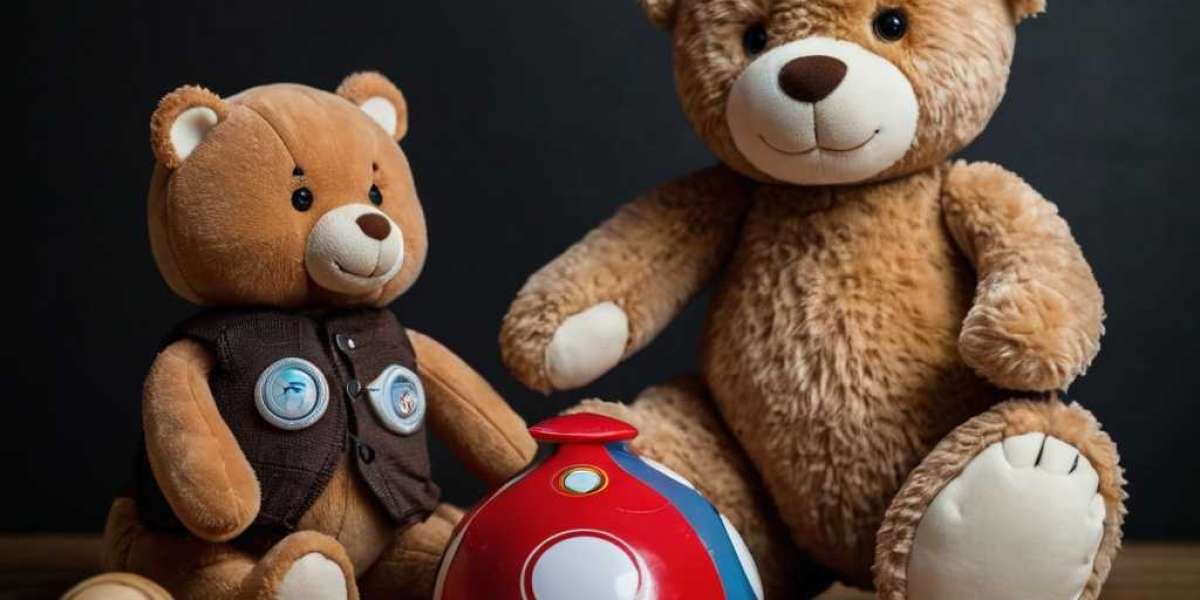Search
Popular Posts
-
 The Thrill of Aviator Game: A New Wave in Online Gaming
By annamskd
The Thrill of Aviator Game: A New Wave in Online Gaming
By annamskd -
 Residential Proxy IP Network Market Size, Share, Trends and Industry Research [2032]
By Abhishek
Residential Proxy IP Network Market Size, Share, Trends and Industry Research [2032]
By Abhishek -
 Buy 3D Printer in Coimbatore: Explore Cutting-Edge Printing Solutions at WOL3D
Buy 3D Printer in Coimbatore: Explore Cutting-Edge Printing Solutions at WOL3D
-
 Global Plastics Coating Window Screen Market Size, Share & Trends Analysis 2024-2032
By robinyoung
Global Plastics Coating Window Screen Market Size, Share & Trends Analysis 2024-2032
By robinyoung -
 Less = More With Lash Cosmetics Vibely Mascaras
Less = More With Lash Cosmetics Vibely Mascaras



